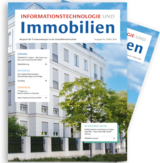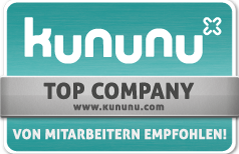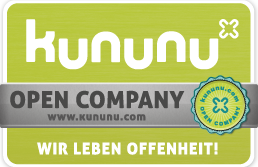Independent invoicing of heating and water costs – what business processes are involved?
Cost reduction is no longer the only thing that is mentioned (although it of course remains an important factor). Other issues that have come into play include the desire for more sovereignty over data regarding the real-estate inventory and to improve the quality of invoicing, automation of invoicing processes and the ability to analyse consumption figures throughout the year. To complete the step towards independent invoicing, the real estate management companies first have to gain an overview of the individual business processes that need to be restructured and the software solutions and methods required for this.
If we look at the area of independent invoicing, the following key topics can be identified:
- Device management
- Meter reading and plausibility checking
- Invoicing
- Integration of the invoicing results into the SAP® system
- Completion of the invoicing process, which primarily involves printing and sending statement letters.
Device management
Device management is certainly one of the most complex areas, and thus involves a large number of personnel. A key decision that real estate management companies have to make is whether to take care of device management internally or outsource it to a specialised service provider. For some time now, large heating meter reading companies have been breaking the taboos of the past and providing device management without invoicing services. No matter what the real estate manager decides, since measurement devices are the basis for accurate consumption-based utility billing, a particular focus must be placed on device handling, i.e. the relevant business processes (it can be assumed that the measurement devices basically work).
A key business process for device management is procuring the devices and equipping rental properties with them. Real estate managers who use SAP® have all the necessary functions for procurement and storage of the measurement devices and other components. For many companies, an important issue when procuring measurement devices relates to pre-financing of the devices, which are usually purchased and then, depending on the device type, leased over five to ten years. There are interesting financing models available for this on the market, in which repayments are made at a different time to the rent payments so that the real estate management company’s liquidity is not affected.
When equipping properties with measurement technology, a distinction is made between initial fitting, regular exchange at the end of a calibration period and exchange/repair in the event of a fault. Whatever the case, effective completion of the process and the master data obtained or amended as a result are decisive factors in achieving the lowest possible internal cost level. Here, it is essential to use mobile components that allow plausibility-checked management of the data with automatic updating of the real estate manager’s SAP® system. easysquare, the unique digitisation solution from PROMOS for creating, running and networking real-estate marketplaces using mobile apps, provides tailored solutions for this. Figure 1 shows an example of the mobile app for iOS or Android that provides service technicians on site with the necessary data and also allows them to record the required data. Thanks to the mobile solution’s asynchronous communications, it also works where there is no mobile network connection.
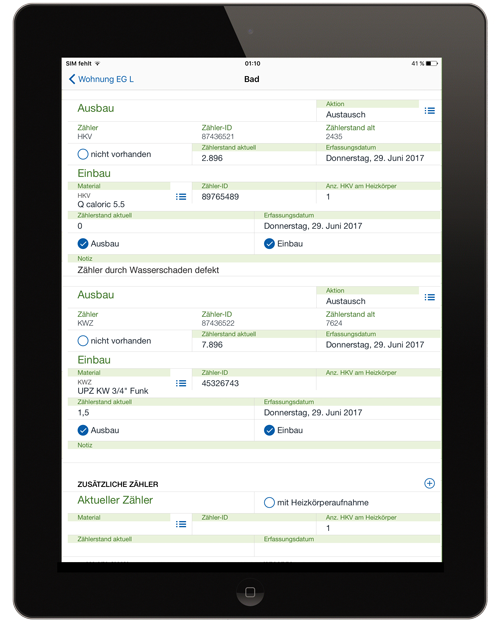
Figure 1: If the data on the digital form in the easysquare mobile app is changed, the data in the SAP® system is also created / changed with without any intermediate steps.
Readout and plausibility check of measurement values
As mentioned above, the correctness of the measurement values is the key requirement for proper invoicing of heating and water costs. Estimations that are required when measurement devices do not work correctly often lead to extensive follow-up work. Seen from this perspective, the currently widespread annual reading of heat cost allocators, heating meters and water meters is no longer state of the art. The use of measurement devices that can be read remotely allows constant determination of consumption data and thus continuous monitoring of/response to device errors (Figure 2). If the real estate manager decides to keep device management within the company, the relevant processes for this need to be set up. Here, it is particularly important to use a mobile solution with which all maintenance processes can be effectively controlled. easysquare has the relevant functions for this, too, including direct access to the data on the SAP® system. It is also important to constantly check the plausibility of the measurement values. The focus here is not on assessing actual device faults, but analysing consumption data. PROMOS.FS performs a consumption analysis of all measurement devices for a customer every six months and, as a result, has been able to gain experience in interpreting the data – a process that differs depending on the device category and time of year. For example, a heat cost allocator that records a high consumption value in the second half of January would trigger a response if the consumption value was anywhere near as high in the month of July, particularly if the apartment was vacant at this point. Here, too, the real estate management company must establish the relevant business processes if the continuous monitoring is to be performed by the company itself.
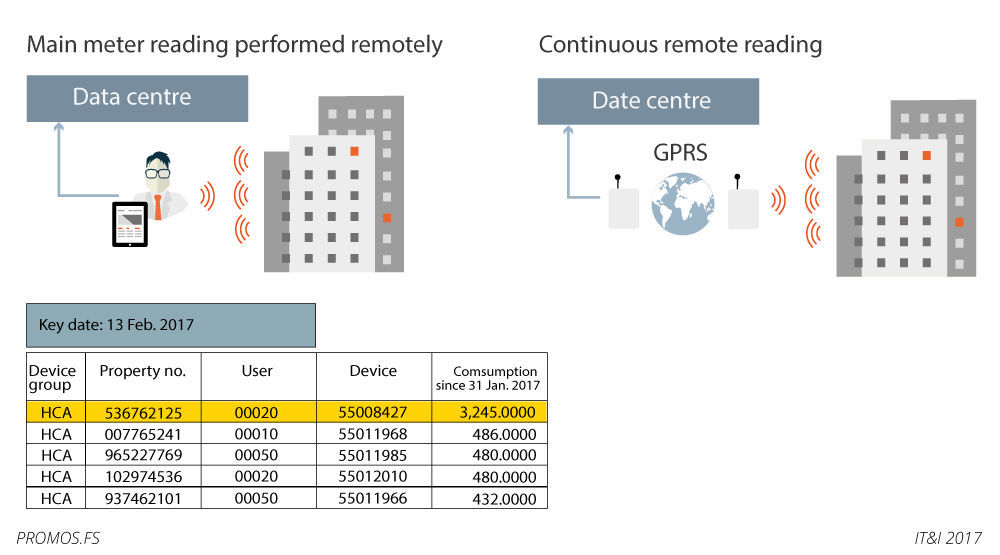
Figure 2: Remote meter reading is a prerequisite for checking the plausibility of consumption values throughout the year.
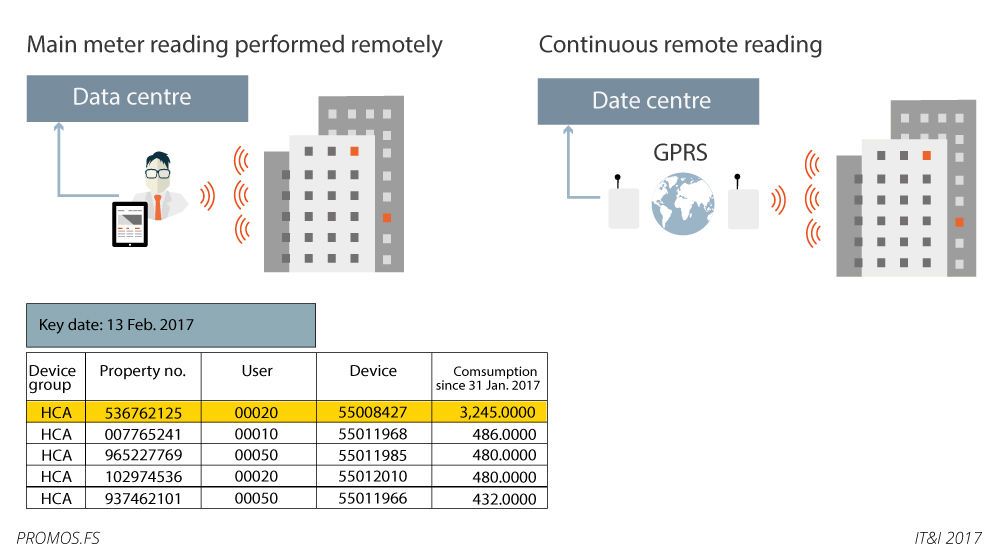 Figure 2: Remote meter reading is a prerequisite for checking the plausibility of consumption values throughout the year. |
Consumption-based invoicing
Due to the high potential for objections on the part of the tenants, invoicing (i.e. allocating the relevant costs to tenants or owners) is particularly important and must be safeguarded with appropriate business processes on the part of the real estate manager. Although estimates are permitted for a measurement device that is not working in line with the German Heating Costs Ordinance (Heizkostenordnung), the invoice must be transparent and correct. Here, the complexity of the business processes and thus the required staff workload strongly depend on the invoicing solution in use. At the OpenPromos user forum in March 2017, the easysquare “heating cost statements” marketplace was launched, which defines the required invoicing components as a cloud solution. The goal here is to send the statement structure, tenant and property data and cost data directly from within SAP® to a secure cloud solution without any additional workload, receive the required formats immediately in return and then automatically integrate these into the SAP® system (Figure 3).
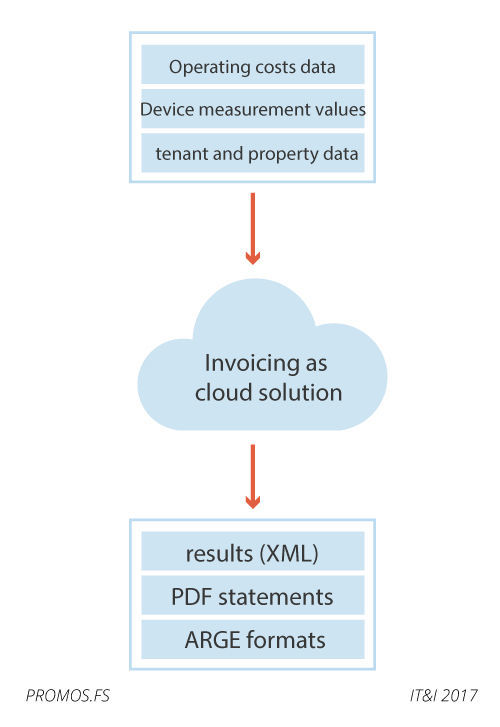
Figure 3: Device measurement values that have already been plausibility checked enable highly automated settlement solutions.
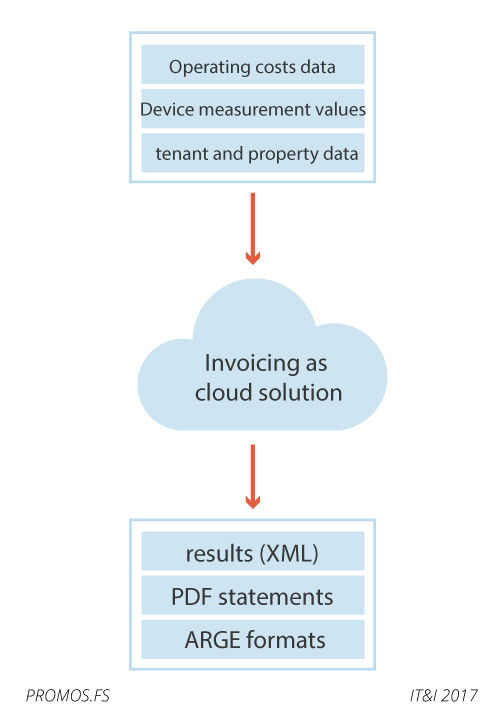 Figure 3: Device measurement values that have already been plausibility checked enable highly automated settlement solutions. |
It is also important to think about the possible complexity and depth in which settlement structures can be mapped in the settlement solution the real estate manager chooses. Here, it is necessary to assess whether only residential property needs to be invoiced or complex structures with user groups. PROMOS.FS has been gathering experience for twelve years of the ways in which established heating meter reading companies map settlement structures, or more precisely the invoicing results in E-records based on these structures (the E-record is an exchange format from ARGE, Bonn, which is used to integrate invoices into SAP®). Our conclusion after twelve years of experience is that the more limited the options for mapping complex settlement structures, the greater the resulting personnel requirements for invoicing. Settlement structures remain a key factor if, in the future, different energy types in one building or the costs and revenues from operating combined heat and power plants are to be displayed transparently.
Integrating the invoicing results into SAP®
PROMOS provides its customers with the required components for integrating e-records into the SAP® system and for the required services associated with this. As many real estate management companies choosing independent invoicing are unable or unwilling to create invoices for the entire real estate portfolio themselves, he procedure described above guarantees identical processing in the SAP® system of the company’s own E-records and those from other meter reading companies that are still used. The real estate management companies must establish appropriate business processes for checking and processing E-records, although it should be noted that checking E-records is a complex task. It would be incorrect to label E-record processing as “just data exchange”.
Concluding business processes
Following integration of the invoicing results into SAP® and execution of the entire operating costs statement, the statements have to be sent to the tenants or owners. PROMOS offers the relevant services for this, too. If the real estate management company wishes to perform these tasks independently, it must also establish new business processes. Essentially, this involves the printing process itself and organising delivery via the real estate management company’s preferred method(s). Here, too, the mobile components of the easysquare platform enable significant simplification of the delivery process, as the statement letter can be provided for tenants or owners to download in a legally compliant form (Figure 4).
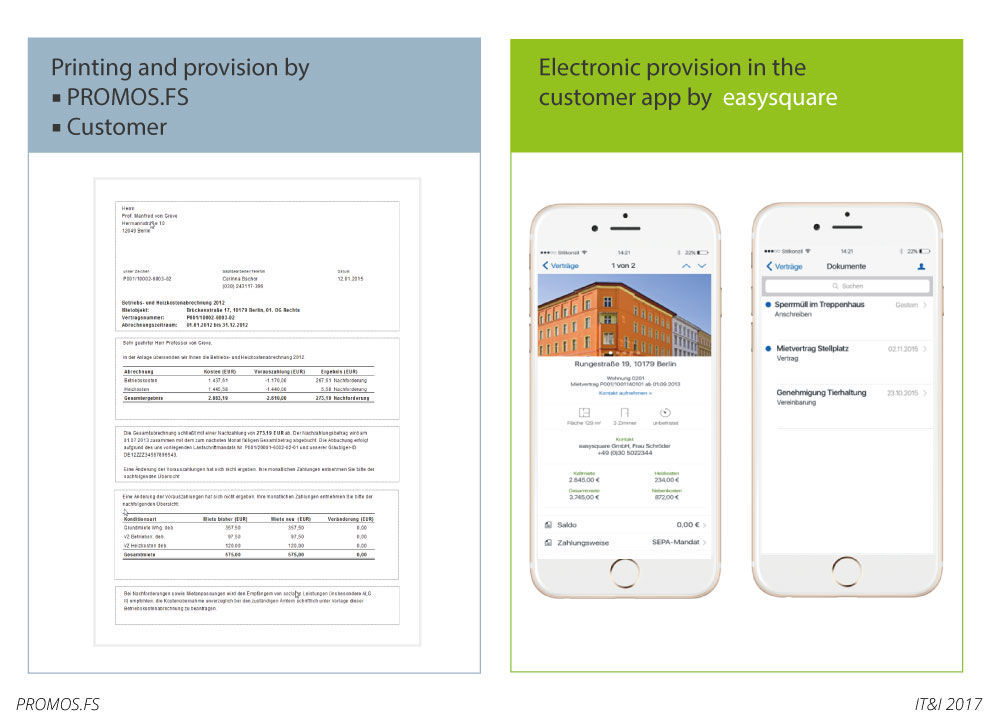
Figure 4: easysquare takes care of electronic delivery of the utility statement. Alternatively, the service provider or customers can be made responsible for this. Of course, a mix of different models is also possible.
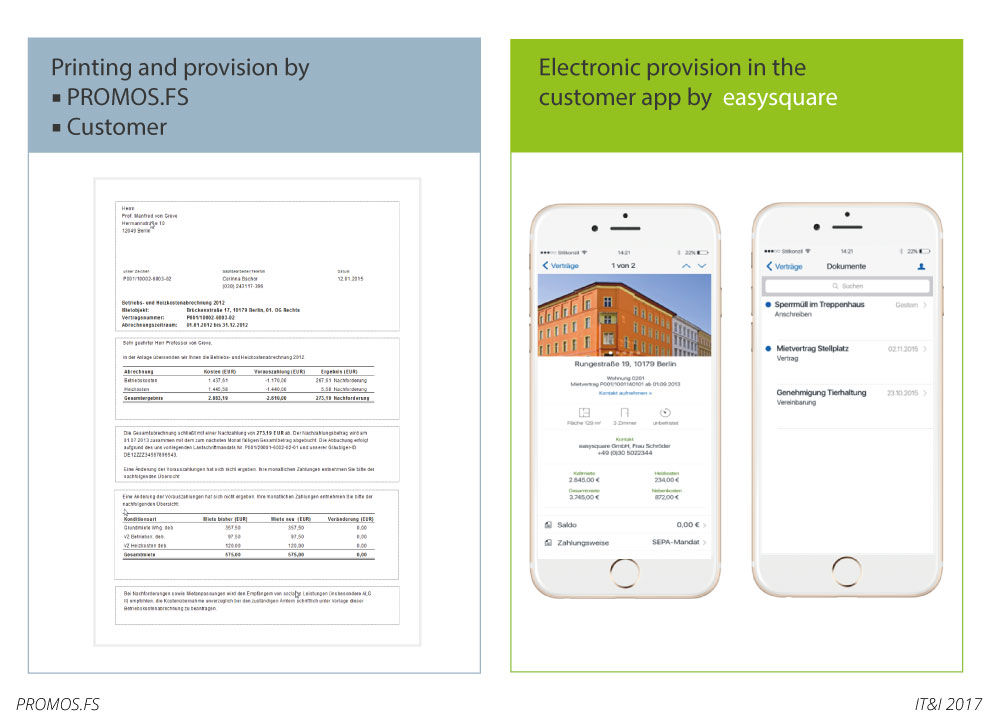 Figure 4: easysquare takes care of electronic delivery of the utility statement. Alternatively, the service provider or customers can be made responsible for this. Of course, a mix of different models is also possible. |
Consulting
As described above, when the decision for independent invoicing is made, the real estate management company must set up various business processes. It is also possible to commission an experienced service provider with some of these processes. Figure 5 shows one possible way of organising the invoicing process.
PROMOS would be happy to help you customise the invoicing process and select and set parameters for possible software components.
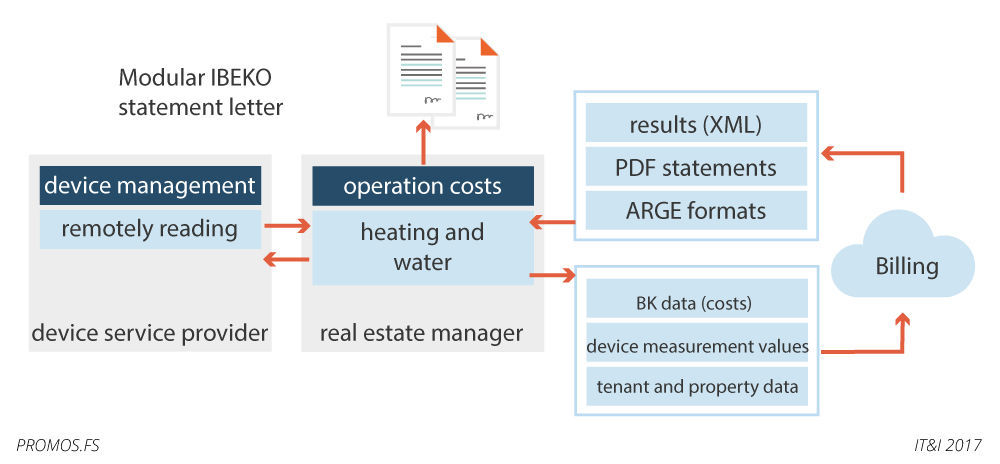
Figure 5: Experienced service providers can provide support with the invoicing process.
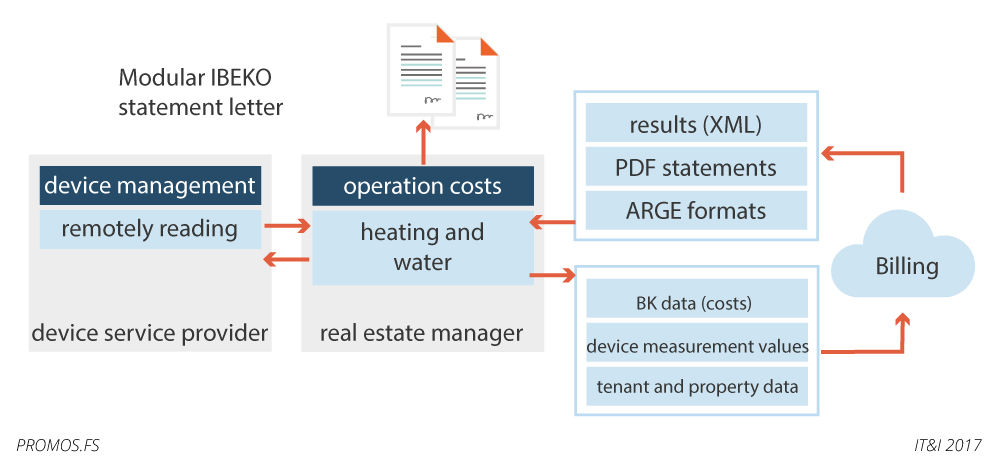 Figure 5: Experienced service providers can provide support with the invoicing process. |
Author:

Reinhard Mengel
Managing Director
PROMOS.FS Facility Services GmbH
Other articles by this author:
- Article "Heating costs statement with PROMOS.FS – what will the future bring?"
- Article "Nobody home? No problem! Monthly billing of consumption with remote meter reading"
- Article "Output management with PROMOS.FS – dramatic reduction in workload for large and small real estate managers"
- Article "A paradigm shift in heating cost statements"
- Article "Independent invoicing of heating and water costs – what business processes are involved?"
- Article "Your trump card – consumption-based utility statements based on plausibility-checked consumption values"
